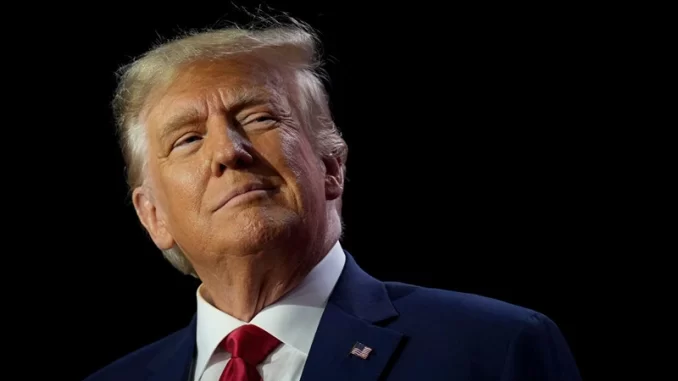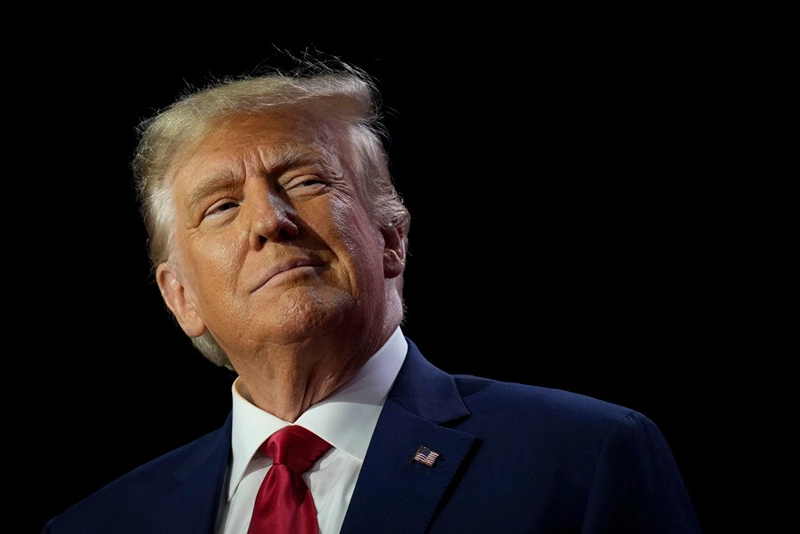

OAN’s Daniel Baldwin
12:22 PM – Thursday, October 5, 2023
Former President Donald Trump’s legal team filed to dismiss his Washington, D.C. case, arguing he was immune from prosecution due to his status as president.
Advertisement
Specifically, John Lauro, counsel for Trump, argues that the Supreme Court decision in Nixon v. Fitzgerald lays the framework for Trump to hold presidential immunity.
“In view of the special nature of the President’s constitutional office and functions,” a current or former President has “absolute Presidential immunity from [civil] damages liability for acts within the ‘outer perimeter’ of his official responsibility,” Lauro writes in the filing, citing the old SCOTUS ruling.
The Supreme Court ruled in Nixon v. Fitzgerald that the president “is entitled to absolute immunity from damages liability predicated on his official acts.” Lauro notes that “no court” has determined whether this immunity includes criminal prosecution, but he argues that the reasoning from this decision ought to apply to Trump in this case.
“Although Fitzgerald concerned civil liability, the exact same, if not more elevated, concerns apply to potential criminal prosecutions, mandating the same absolute immunity,” wrote Lauro. “Vertical and horizontal separation of powers simply cannot permit local, state, or subsequent federal officials to constrain the President’s exercise of executive judgment through threats of criminal prosecution. To hold otherwise would be to allow the President’s political opponents to usurp his or her constitutional role, fundamentally impairing our system of government. For this very reason, Fitzgerald recognized that Presidential immunity is not just a creature of common law but also ‘rooted in the separation of powers under the Constitution.’”
Trump’s legal team also claims presidential immunity is rooted in the Impeachment Clauses of the U.S. Constitution.
“The Impeachment Clauses provide that the President may be charged by indictment only in cases where the President has been impeached and convicted by trial in the Senate,” Lauro wrote. “Here, President Trump was acquitted by the Senate for the same course of conduct.”
Lauro goes on to argue that since the Senate acquitted Trump of charges in his second impeachment, he cannot be criminally prosecuted for official acts. He claims this is implied since the Constitution only explicits states that the “Party convicted shall nevertheless be liable and subject to Indictment, Trial, Judgment and Punishment, according to Law.”
Lauro also notes that the country has seen 234 years of “unbroken historical practice” of not criminally prosecuting a president.
“A strong historical practice of not exercising a supposed power—especially when there has been ample incentive and opportunity to do so—undercuts the sudden discovery of the newly minted power,” Lauro said.
Trump is facing charges regarding his attempt to challenge the 2020 election. Judge Tanya Chutkan has scheduled a trial date of March 4, 2024 – one day before Super Tuesday in the Republican primary.
Stay informed! Receive breaking news blasts directly to your inbox for free. Subscribe here. https://www.oann.com/alerts
Advertisement

Be the first to comment